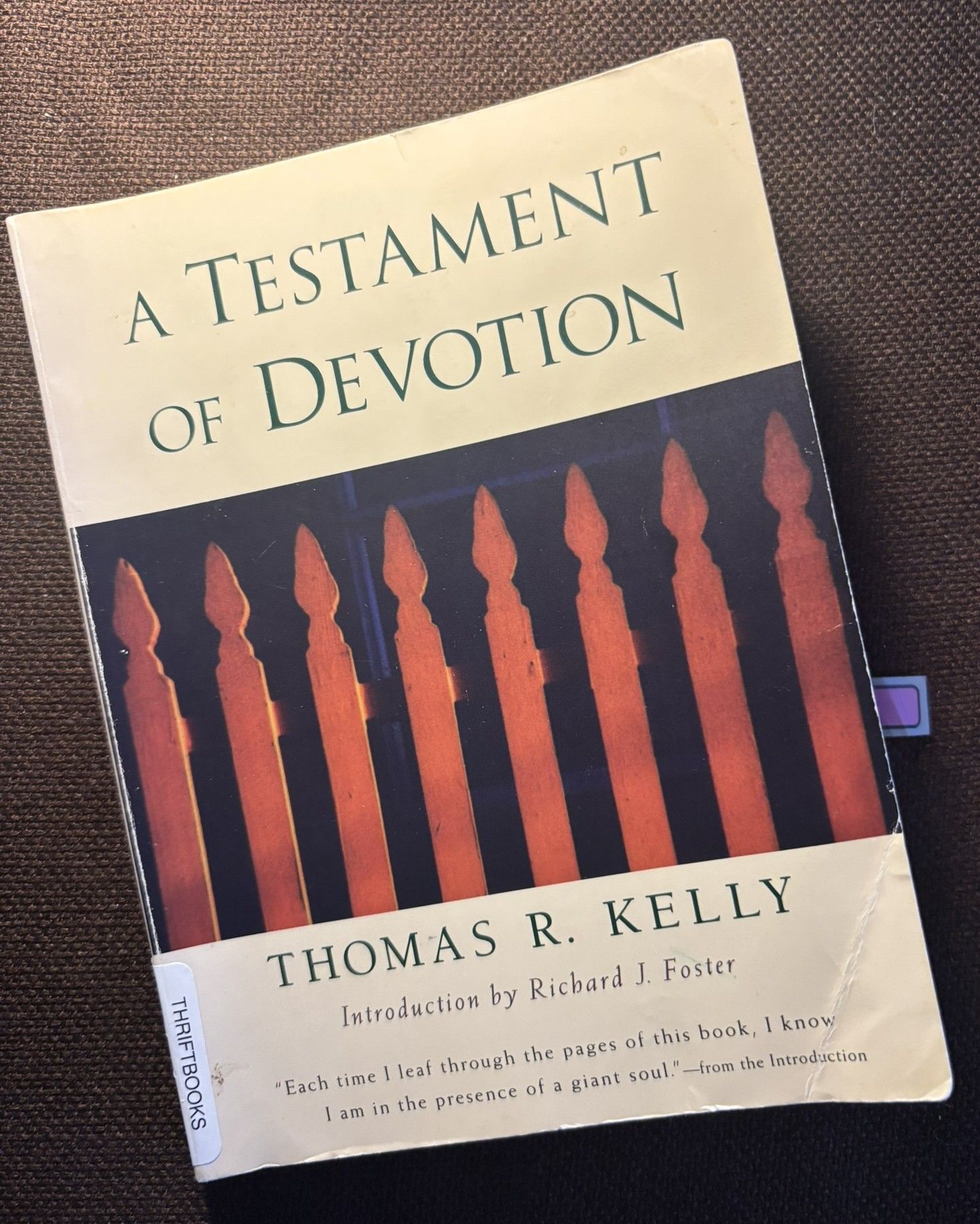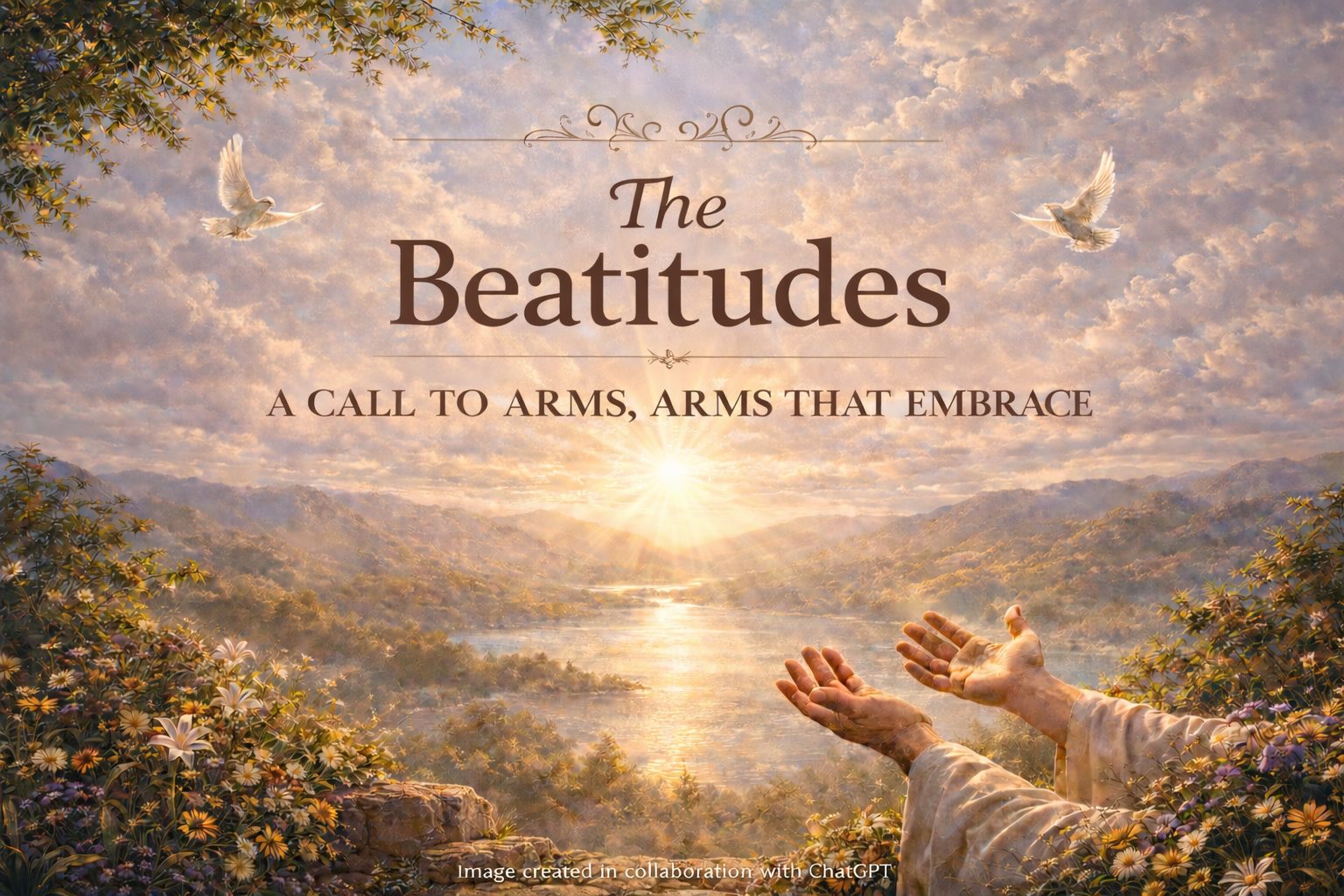Awesome
Today, I think as I walk into the darkness, I will revel in the outdoors.

My first instinct this morning, as it is occasionally, is to walk out my front door and to take in the darkness of the morning. Yesterday was a fall day with golden leaves swirling around streets and parks and yards, the temperature perfect for being outside in the yard or running. I, of course, spent the day in my office grading papers, the bane of teachers throughout antiquity.
Today, I think as I walk into the darkness, I will revel in the outdoors.
Sprigs of clouds branching out, interspersed with rolling cloud cover and clear skies a dark blue with a few stars shining through, the big dipper off to my left, about 10:00 high, face me. Above me a brighter star-like light makes me wonder if it is a plane. I go inside to get my glasses and when I return the star has moved just a blip. Did the clouds around it move or did it move? I decide it’s a plane.
I am, as I always am, overwhelmed by the night. The moon is bright and lights up the neighborhood and I imagine my arms stretching to infinity. Infinity. The insane concept that has plagued my thinking since I was a teenager. I can’t imagine it. I can’t imagine what it is. It is too far reaching. How can there be no end? At the end of infinity there is still more. I can’t fathom it. My brain tries to process the concept linearly – once you reach the end, well why can’t you take one more step that now becomes the end? But doesn’t there have to be an end? And so the linear-liness turns into circular thinking. Maybe that’s the whole point but I still can’t conceive infinity without my brain just going into overdrive.
So I stop thinking about it, and just experience it.
I find myself in a state of awe as I look out at that early morning sky. I don’t know that I feel respect or disrespect, reverence or irreverence, but I feel a sense of oneness with the infinitude of the universe and also very tiny, at the same time. I feel awe - it is awesome, I am full of awe, and I...am... awed. Have I made my point?
Surprisingly, awe – that indescribable feeling – actually can be described and studied. In 2003, psychologists Dacher Keltner and Jonathan Haidt (2003) proposed a conceptual framework for considering awe. Since that time, studies have been conducted looking at the phenomenon of this feeling that can be experienced.
Though awe is a relative newcomer to scientific research, it has been a key part of religious experience, sociology, philosophy, and psychology (Keltner & Haidt, 2003). “Across disciplines, theorists agree that awe involves being in the presence of something powerful, along with associated feelings of submission. Awe also involves a difficulty in comprehension, along with associated feelings of confusion, surprise, and wonder” (p. 303).
Keltner and Haidt’s prototype for awe is a feeling that includes two features: vastness and accommodation. Vastness is “anything that is experienced as being much larger than the self, or the self’s ordinary level of experience or frame of reference” (p. 303). Vastness can be experienced as physical size or even social size, like fame, authority, or prestige. Imagine the qualities that might represent the difference in size – a magnificent vista, thunder rumbling, or an opulent office.
Something vast enough to expand a person’s frame of reference has to be accounted for cognitively. Experiences of awe are outside the mind’s existing mental structures, and the brain must get its arms around them. When the mind can accommodate these new experiences they can be enlightening, but when it can’t find a way understand the experience it can be terrifying. Other features Keltner and Haidt identified as “flavouring” awe are threat, beauty, ability, virtue, and supernatural. These themes give different awe experiences their variety.
Physical experiences as varied as tornados, cathedrals, music, or magnificent views can elicit awe because they are both vast and our minds can accommodate them. The same is true with a powerful leader, an encounter with God, or a grand theory.
Awe can result in personal transformation, and may be, according to Keltner and Haidt, a fast and powerful way to personal change and growth. Perhaps if we are interested in personal change and growth, then, we might intentionally put ourselves into awe-inspiring situations - like museums or places of natural beauty.
All I know is that the sky is awesome this morning. I am immersed in that awe. Being immersed, I am subsumed by that awe. I am part of that awe.
And so are you.
You awesome person, you.
“Awe is inarticulate. A sense of awe comes over us without our being able to say exactly what it is about. Reverence at that moment forbids any attempt to put words around it. That is why awe is the most reverent of feelings. You feel, when you are in awe, that you are human, that your mind is dwarfed by what it confronts, that you cannot capture it in a set of beliefs, and that you had best keep your mouth closed and your mind open while awaiting further disclosure” (p. pp. 146-147).
~from Woodruff, Reverence, Renewing a Forgotten Virtue
“Awe is felt about diverse events and objects, from waterfalls to childbirth to scenes of devastation. Awe is central to the experience of religion, politics, nature, and art. Fleeting and rare, experiences of awe can change the course of a life in profound and permanent ways”.
~from Keltner and Haidt, 2003
References:
Keltner, D., & Haidt, J. (2003). Approaching awe, a moral, spiritual, and aesthetic emotion. Cognition & Emotion, 17(2), 297.
Woodruff, P. (2001).
Reverence: renewing a forgotten virtue. Oxford University Press.












